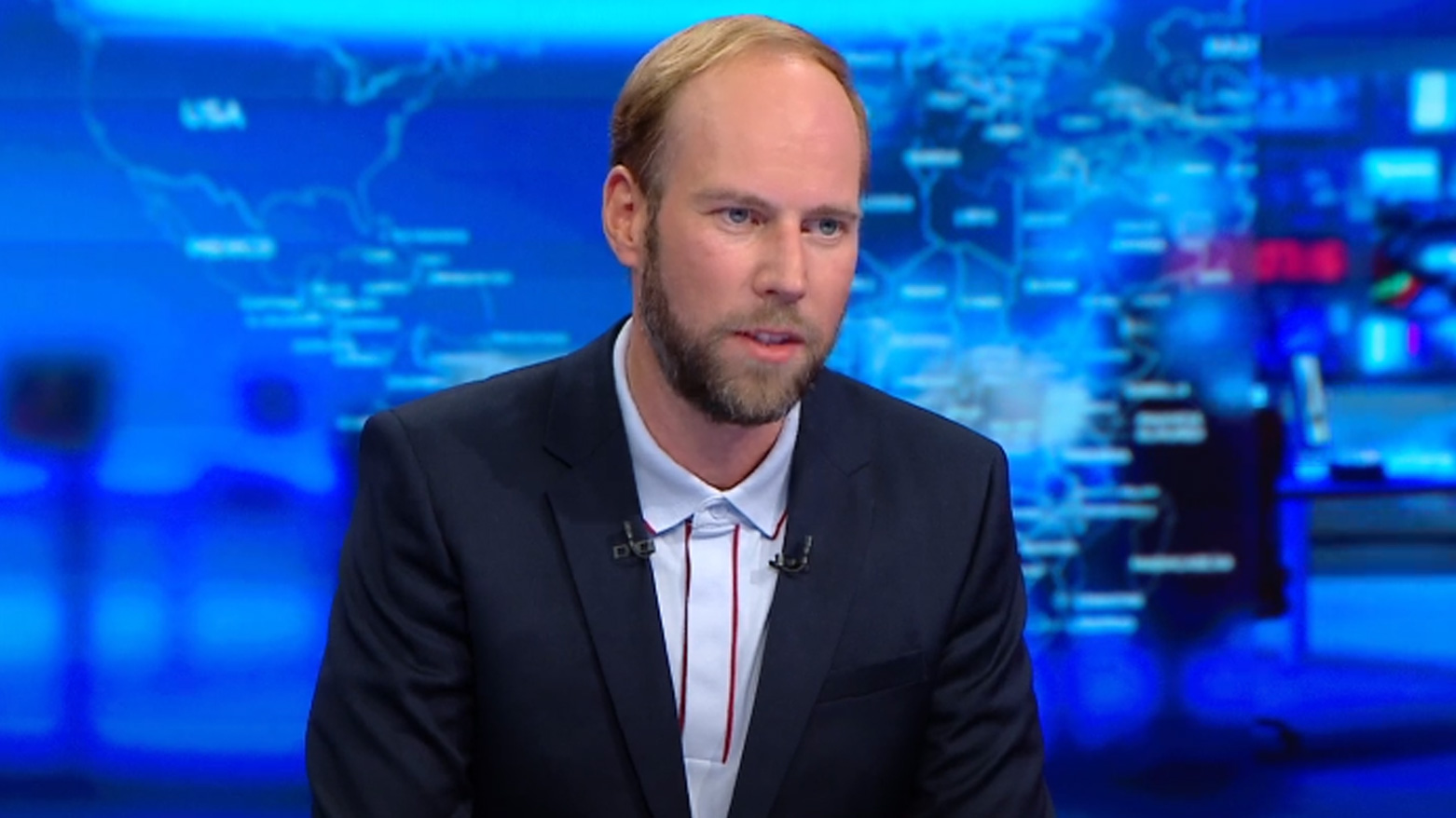Dutch Investor Praises Kurdistan Region’s Investment Climate and Rapid Development
“What I see here is beyond my expectations. The progress in Erbil is remarkable. I was here 14 years ago, and now it has completely transformed,” he said.

ERBIL (Kurdistan24) – Peter de Graaf, Co-Founder of the Dutch company Phil & Flo, praised the Kurdistan Region’s progress and investment opportunities during an interview with Kurdistan24 on Tuesday.
De Graaf highlighted the longstanding trade relations between the Netherlands and the Kurdistan Region, noting that his visit aimed to explore ways both sides could benefit from mutual cooperation.
“What I see here is beyond my expectations. The progress in Erbil is remarkable. I was here 14 years ago, and now it has completely transformed,” he said. “The atmosphere is encouraging and gives me a strong sense of confidence about investment and cooperation.”
He pointed out that improvements are visible not only in infrastructure but also in the overall investment climate, which has become more accessible for foreign investors. He also noted that many Kurds in the Netherlands are returning with knowledge and experience to establish new businesses in the Region.
Focusing on agriculture, de Graaf emphasized the Kurdistan Region’s ambition to reduce its reliance on imports by developing its local production capacities. “In the Netherlands, we have centuries of experience in agriculture and have shared this knowledge worldwide. Here, I see the same eagerness to apply that expertise and strengthen agriculture within Kurdistan,” he explained.
According to de Graaf, the Kurdistan Region offers easier access to markets and smoother investment procedures compared to other parts of Iraq. “As a Dutch delegation, we’ve had meetings with ministers of trade, who told us: ‘Our doors are open, you can enter our market, and it is easy for foreigners to start a business here.’ This openness makes Kurdistan stand out in the region.”
Driving through Erbil, he described the sight of newly built districts, often referred to as “future city,” as a reflection of the Region’s optimism and forward-looking energy.
The Kurdistan Region and the Netherlands maintain close political, economic, and cultural relations. The Netherlands has been an important partner in supporting stability and development in the Region, including through humanitarian aid, investment initiatives, and military cooperation against ISIS. Dutch companies have also shown growing interest in agriculture, infrastructure, and renewable energy projects in the Kurdistan Region.
Additionally, the large Kurdish diaspora community in the Netherlands has played a key role in strengthening ties, with many members bringing back expertise and investment to support business growth in the Kurdistan Region.
In the early 1990s, the Netherlands participated in Operation Provide Comfort, which aimed to ensure Kurdish autonomy in Iraq. The Dutch government contributed to this American-led operation by sending an army unit that included a medical company, an engineering and construction company, a headquarters, and a combat service support company. Additionally, Aérospatiale Alouette III helicopters from the Royal Netherlands Air Force and 13 personnel were deployed to the region. Following the operation, the Dutch government engaged in international efforts to deliver humanitarian aid to Kurdish refugees stranded in the area.
The Netherlands opened a consulate in Erbil on October 12, 2009. Also, in August 2016, Dutch Prime Minister Mark Rutte visited the Kurdistan Region, where he met with high-ranking Kurdish officials and Dutch soldiers stationed in the region.